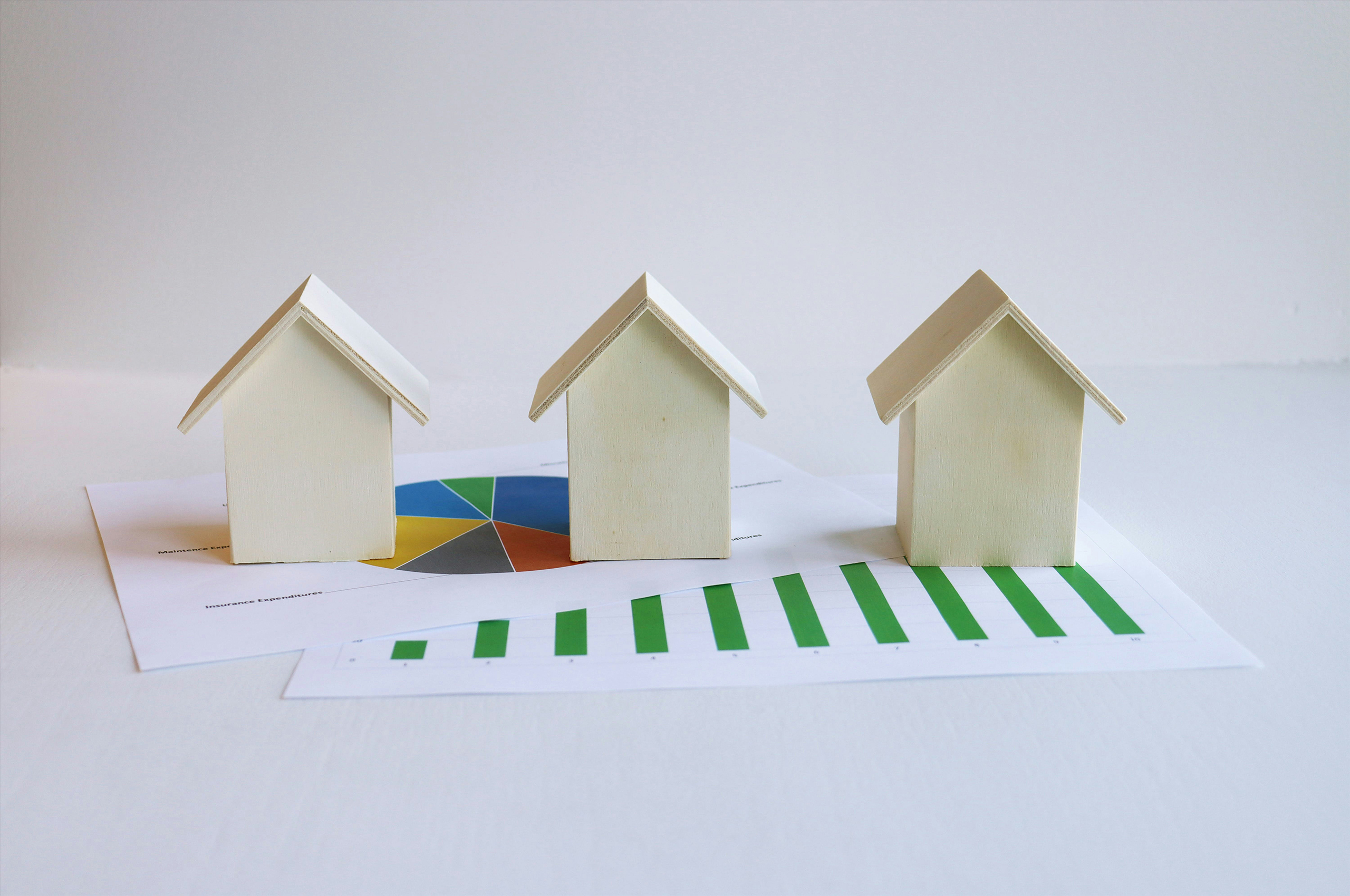
The Do’s and Don’ts Before Buying a Home: A Comprehensive Guide
Buying a home is one of the most significant financial decisions you’ll ever make. For many, it’s the biggest purchase of their lives, and understandably, it brings a mix of excitement, anxiety, and uncertainty. With so many moving parts, it’s easy to make costly mistakes—some of which could linger for years. That’s why having a clear strategy can make all the difference. This guide walks you through the most important things to do before buying a home—and what to avoid.
Start by checking your credit. Your credit score plays a pivotal role in determining your mortgage rate and your eligibility for a loan. Before anything else, pull your credit report—free resources like AnnualCreditReport.com make this easy. Scan for errors and dispute anything suspicious. If your score is lower than you’d like, begin working to improve it by paying down debts and staying current on all your bills. Even a modest increase in your score could save you thousands over the life of your loan.
While you’re managing your credit, avoid making big financial changes. This isn’t the time to change jobs, open new credit accounts, or splurge on a new car. Lenders want to see stability in your income and spending habits. Any sudden shifts could create red flags, potentially jeopardizing your loan approval. Keeping your finances calm and consistent will put you in the best possible position when it’s time to finalize your mortgage.
One of the smartest moves you can make early in the process is getting pre-approved. Before you start browsing listings, talk to a lender. A pre-approval letter shows sellers that you’re serious and financially capable, which gives you an edge in competitive markets. Be ready to share pay stubs, bank statements, and tax returns. Once pre-approved, your lender will provide a letter confirming how much you’re eligible to borrow—this will help guide your home search realistically.
It’s also critical to stay within your personal budget, not just the one a lender approves. Just because you qualify for a $500,000 loan doesn’t mean that number should be your target. Assess your monthly expenses, lifestyle, and financial goals. Ask yourself whether you’d still be comfortable making that mortgage payment if life throws you a curveball. Many smart buyers intentionally purchase below their limit to leave breathing room for future needs.
A trusted real estate agent can be one of your biggest assets throughout this journey. An experienced agent understands the market, helps you avoid common mistakes, and negotiates on your behalf. Ask for referrals, read reviews, and find someone who communicates well and understands your goals. Attempting to navigate the process on your own may seem like a way to save money, but in most cases, the seller pays the commission—not the buyer. And without guidance, you risk overlooking crucial contract terms or property issues.
Understanding the full scope of homeownership costs is just as important as budgeting for the mortgage itself. Besides your down payment, there are closing costs, inspection fees, appraisals, and insurance premiums. Don’t forget moving expenses or the cost of furnishing your new home. Create a comprehensive budget and build in a buffer. Being financially prepared means you’re less likely to be blindsided at closing or after move-in.
Never skip the home inspection, no matter how perfect the house appears. Professional inspectors assess critical systems like roofing, plumbing, electrical, and foundation. They can uncover hidden issues that may not be visible during a showing. One buyer I worked with fell in love with a home, only to walk away after an inspection revealed termite damage that would have cost thousands to repair. It’s always better to discover these things before you’re locked into a mortgage.
Think long-term when evaluating homes. Consider how your needs may evolve in five to ten years. Is there space to grow a family? Is the commute sustainable if you change jobs? Buying and selling frequently can be expensive, so it’s worth choosing a property that can accommodate you for years to come. Avoid rushing the process just because the market feels intense. It’s better to wait for the right home than to make a hasty decision that leads to regret. The perfect property may not be listed today, but it could be just around the corner.
Do your homework on the neighborhood as thoroughly as you do the home itself. Visit during different times of day, talk to locals, and research school ratings and crime statistics. You’re not just purchasing a structure; you’re buying into a community. Make sure it aligns with your lifestyle and long-term goals. And while you may fall in love with the home, don’t overlook its resale potential. You may plan to stay forever, but circumstances change. Look for properties with good resale value, avoiding those with odd layouts or hard-to-sell features.
Throughout the process, don’t be afraid to ask questions—lots of them. Whether you’re talking to your lender, agent, or inspector, clarity is essential. Understand every fee, contingency, and clause. This is your investment, and you deserve full transparency. Emotions will naturally come into play, but don’t let them cloud your judgment. It’s easy to fall in love with a house and overlook red flags. Balance that emotional pull with logic and due diligence.
Finally, when it comes time to sign, read everything. The contract you sign will outline deadlines, penalties, and terms that could impact your finances for decades. Don’t rush through it. If something isn’t clear, ask your agent or a real estate attorney to explain it. This step may feel tedious, but it’s crucial to protect your interests.
Buying a home is equal parts excitement, research, paperwork, and patience. There will be stressful moments and unexpected detours. But if you take your time, avoid common pitfalls, and lean on professionals, you’ll make confident decisions you can feel good about. Trust your instincts, stay informed, and move at your own pace. You’ve got this.
Disclaimer: This article is for informational purposes only and does not constitute financial advice. Readers should consult with financial advisors and real estate professionals before making investment decisions.
Related Blog Posts

Buying a home is one of the biggest financial decisions you’ll ever make, and timing plays a crucial role in ensuring you get the best deal possible...
Are you thinking about where you want to live long-term? Maybe you’re weighing your options between renting and buying...
Let me guess—you’ve looked at a few houses recently, ran the numbers, and thought, “Wait, how can anyone afford this?” You’re not alone. Home...
Let’s be honest—real estate commissions can feel confusing. Who pays whom? How much? And what are you really getting in return? If you’re buying or...



